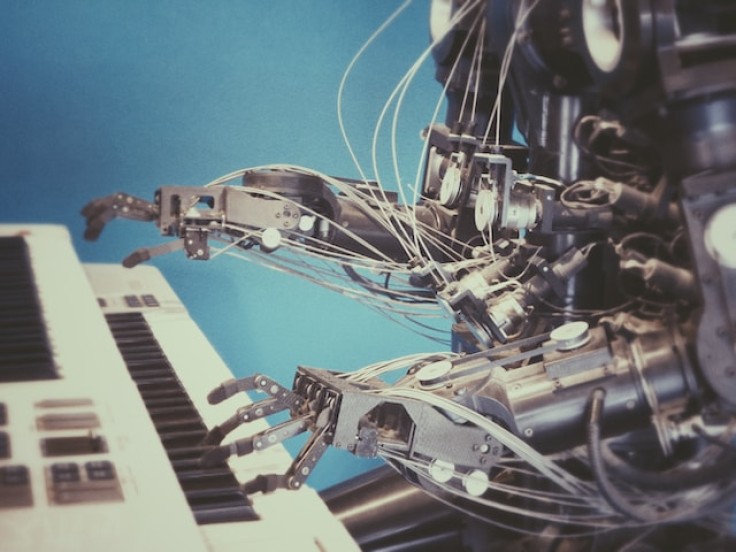
The rise of artificial intelligence (AI) in the workplace holds the promise of increased efficiency and productivity. However, for many, this technological advancement has brought unexpected challenges.
Neil Clarke, an editor and publisher of the science fiction and fantasy magazine "Clarkesworld," recently faced a dilemma. The online submission form for the magazine had to be temporarily closed due to a flood of AI-generated content, which proved to be of consistently poor quality. This deluge overwhelmed Clarke's team, doubling their workload as they manually sifted through hundreds of subpar submissions.
Benefits, Challenges of AI Across Industries
While tech leaders have hailed AI's potential to revolutionize work and usher in a new era of productivity, the reality has not been uniformly positive. As AI tools are embraced by Big Tech companies to streamline tasks such as drafting emails, creating presentations, and summarizing data, their impact varies across different industries and markets.
A study by researchers at the Massachusetts Institute of Technology (MIT) revealed that access to ChatGPT, an AI language model, boosted productivity for certain tasks like writing cover letters and cost-benefit analyses. Nonetheless, the long-term consequences of widespread AI adoption remain uncertain, and the road to a techno-utopia has not been without bumps.
Mathias Cormann, secretary-general of the Organization for Economic Co-operation and Development, acknowledged that AI can improve certain aspects of job quality. However, workers have also reported an increase in the intensity of their workloads after AI implementation. For non-specialists and non-managers, wages have not seen significant improvements, leaving employees to cope with escalated work demands without commensurate pay raises.
According to CNN, workers' unions have expressed concerns about feeling like "guinea pigs" as employers rapidly deploy AI-powered tools in various sectors. Ivana Saula, the research director for the International Association of Machinists and Aerospace Workers, shared that the introduction of AI often leads to additional residual tasks that humans must handle in addition to their existing responsibilities. This creates added pressure and time constraints for workers as they grapple with adapting to the new technology.
Read also: Artificial Intelligence INVADES Fast Food: How AI Technology Could Change The Way Humans Dine
Editor Turns to AI Detectors to Tackle Content Influx
In media organizations, AI's impact is evident in both positive and negative ways. These tools hold the potential to accelerate or automate tasks such as copywriting and advertising, but they have also resulted in notable blunders.
News outlets like CNET and Gizmodo experienced issues with AI-generated content, leading to substantial corrections and internal disruptions. Despite these challenges, some media companies still intend to use AI as a valuable tool in their newsrooms.
Editor Neil Clarke attempted to address the challenges posed by AI-generated submissions by utilizing AI-powered detectors to identify such content. However, they proved unreliable, especially when assessing submissions from writers for whom English is a second language. Clarke highlighted the disconnection between AI's touted potential in various fields and its current limitations in practical applications.
As AI continues to be integrated into workplaces, it becomes crucial to involve workers in the implementation process. Their firsthand knowledge can inform decision-makers about the actual impact of AI on their work and identify areas where it may fall short.
By fostering collaboration between frontline workers and upper management, companies can better navigate the complexities of AI integration and ensure a more equitable and sustainable workforce transformation.
Read also: ChatGPT AI Takes Over College Classrooms: Innovative Teaching, Cheating Prevention Combined